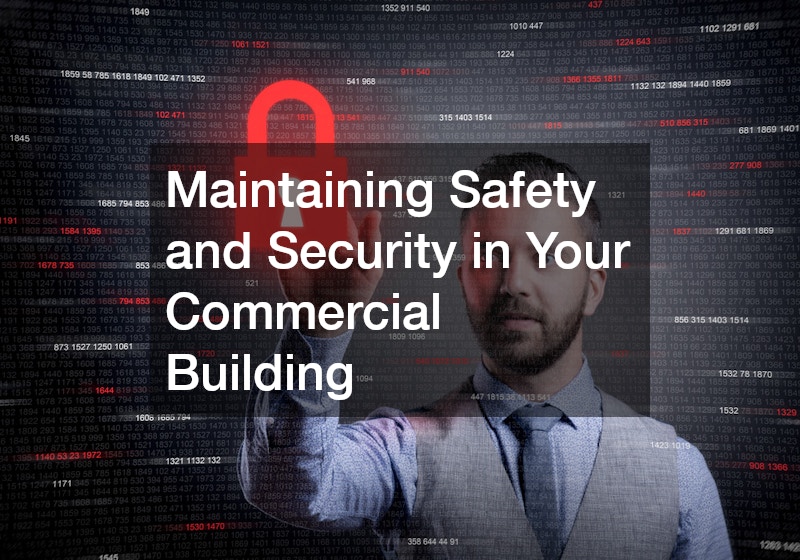If you’re a business owner, you know that finding and dealing with a bad landlord can be one of the biggest headaches you’ll ever experience. Not only can they make your life miserable by harassing you or refusing to do repairs, but they can also cause serious financial damage by raising your rent unexpectedly or evicting you for no reason.
Unfortunately, there’s no easy way to deal with a bad landlord. But there are some things you can do to try to improve the situation.
1. Talk to your landlord.
First, try to talk to your landlord about your concerns. They may be willing to work with you to resolve the issue if they’re reasonable. You may even be able to negotiate a better lease agreement. Sometimes, simply speaking to your landlord can be enough to improve the situation. Try to be polite and calm when you talk to them, even if they’re being unreasonable.
If you find that talking to your landlord doesn’t help, or if they’re unresponsive, you may need to take more drastic measures. You may need to hire a lawyer, file a complaint with the Better Business Bureau, or even take them to court.
2. Write a complaint letter.
If talking to your landlord doesn’t work, you can try writing a complaint letter. In this letter, you should state your problem and what you’d like your landlord to do about it. Be specific about what you want, and be sure to include dates and any other relevant information. You should also have a copy of your lease agreement, if possible.
Some people choose to send their complaint letter via certified mail so they have proof that they received it. Others hand-deliver the letter and ask for a signed receipt. Either way, keep a copy of the letter for your records. You may need it later if you decide to take further action.

3. Hire a lawyer.
You may need to hire a lawyer if you’re still not getting anywhere. A lawyer can help you understand your rights and options, and they may even be able to negotiate with your landlord on your behalf. You may also need a lawyer if you decide to take your landlord to court. However, you should only hire a lawyer as a last resort, as legal fees can be expensive.
You may also look for a reliable process server to help you deliver any legal documents. They will ensure that your landlord receives them promptly and professionally. You can also ask the court to appoint one if you cannot find one on your own.
4. Withhold rent.
If your landlord refuses to make repairs or otherwise violates your lease’s terms, you may be able to withhold rent. However, this is a risky move as your landlord could choose to evict you for non-payment of rent. If you decide to withhold rent, keep meticulous records of the repairs that need to be made and the amount of rent you’re withholding. You should also put your rent money into a separate account, so you don’t spend it accidentally.
If your landlord does try to evict you, they must first give you written notice. This notice will state the reasons for the eviction and the date you need to leave. If you don’t go by that date, the sheriff can have you forcibly removed.
5. File a complaint with Better Business.
If you think your landlord is breaking the law, you can file a complaint with the Better Business Bureau. The BBB is a nonprofit organization that helps resolve disputes between businesses and consumers. They may be able to help you resolve your issue without going to court. They can also advise you on how to deal with your landlord in the future.
But the BBB isn’t a government agency, so they can’t force your landlord to do anything. They can only try to resolve the issue through mediation. If mediation fails, you may need to take your landlord to court.
6. Take your landlord to court.
You may need to take your landlord to court if all else fails. This is usually a last resort, as it can be time-consuming and expensive. You may want to hire a lawyer to help you with this process. You’ll need to file a complaint with the court and pay a filing fee. The court will then set a date for a hearing.
You’ll need to present your evidence and argue your case at the hearing. The judge will then make a decision. If you win, the judge may order your landlord to make the necessary repairs or refund your rent. They may also order the landlord to pay your legal fees. But if you lose, you may have to pay the landlord’s legal fees.
So, those are some of the things you can do if you have a bad landlord. Remember, you have rights as a tenant and shouldn’t hesitate to assert them if necessary. With a bit of patience and persistence, you should be able to resolve the issue without too much trouble.





